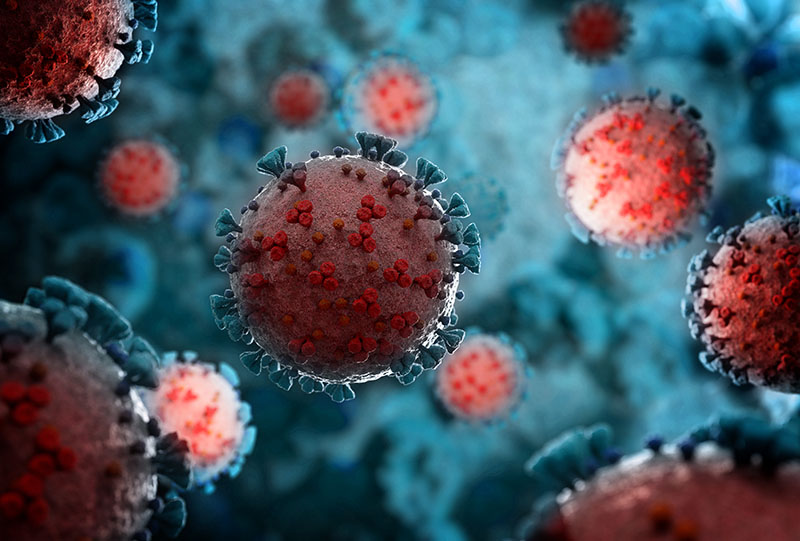Arq. Bras. Cardiol. 2020; 115(2): 273-277
Myocardial Injury Biomarkers and Cardiac Complications Associated with Mortality in Patients with COVID-19
Abstract
Background
SARS-CoV-2 is an emerging RNA virus associated with a severe acute respiratory disease known as COVID-19. Although COVID-19 is predominantly a pulmonary disease, some patients have severe cardiovascular damage. We performed a quantitative evidence synthesis of clinical data, myocardial injury biomarkers, and cardiac complications associated with in-hospital death in patients with COVID-19.
Methods
We searched the databases PubMed, Embase, and Google Scholar to identify studies comparing clinical data, myocardial injury biomarkers, and cardiac complications between non-survivors and survivors of COVID-19. Effect sizes were reported as mean difference or standardized mean difference for continuous variables and risk ratio for dichotomous variables with 95% confidence intervals. A random effects model was used to pool the results.
Results
Six retrospective studies reporting data from 1,141 patients (832 survivors and 309 non-survivors) were included. We found that underlying cardiovascular conditions; elevation of high-sensitivity cardiac troponin I, N-terminal pro-B-type natriuretic peptide, and creatine kinase-MB; and cardiac complications were associated with increased risk of death for patients with SARS-CoV-2 infection.
Conclusions
The confirmation that underlying cardiovascular conditions, elevation of myocardial injury biomarkers during COVID-19 infection, and acute cardiovascular decompensation are predictors for mortality in SARS-CoV-2 infection must encourage new research to clarify potential mechanisms and test appropriate treatments. (Arq Bras Cardiol. 2020; 115(2):273-277)
Keywords: COVID-19; Mortality; SARS-CoV-2
772

